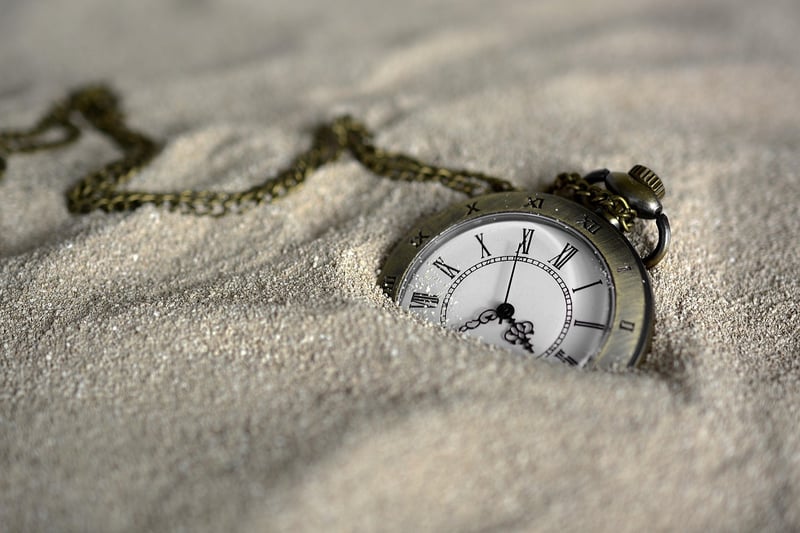Temporal Ethics
The Fascinating World of Time Travel Concepts and Temporal Ethics
Introduction
Time travel has long been a captivating subject in science fiction, sparking imaginations and raising intriguing questions about the nature of reality and ethics. Let's delve into the concepts of time travel and explore the ethical considerations that come with manipulating time.
Time Travel Concepts
Time travel can be broadly categorized into several different theories:
- Fixed Timeline: This theory suggests that time is immutable, and any actions taken by time travelers have already occurred in the past.
- Dynamic Timeline: In this theory, changes made in the past can alter the present and future, creating multiple timelines or alternate realities.
- Wormholes: Wormholes are hypothetical tunnels in spacetime that could allow for instantaneous travel between two points in time.
Temporal Ethics
As intriguing as the idea of time travel may be, it also raises ethical dilemmas that must be considered:
- Grandfather Paradox: What happens if you travel back in time and prevent your grandparents from meeting, thus preventing your own existence?
- Butterfly Effect: Small changes in the past could have significant and unpredictable consequences in the future.
- Responsibility: Time travelers must consider the impact of their actions on the timeline and the lives of others.
Conclusion
Time travel is a captivating concept that challenges our understanding of the universe and raises profound questions about ethics and responsibility. While the idea of exploring different points in time is alluring, it is essential to consider the potential consequences of altering the past. Whether you believe in fixed timelines or dynamic realities, the world of time travel will continue to fascinate and intrigue us for years to come.


Explore more about time travel concepts and temporal ethics here.
